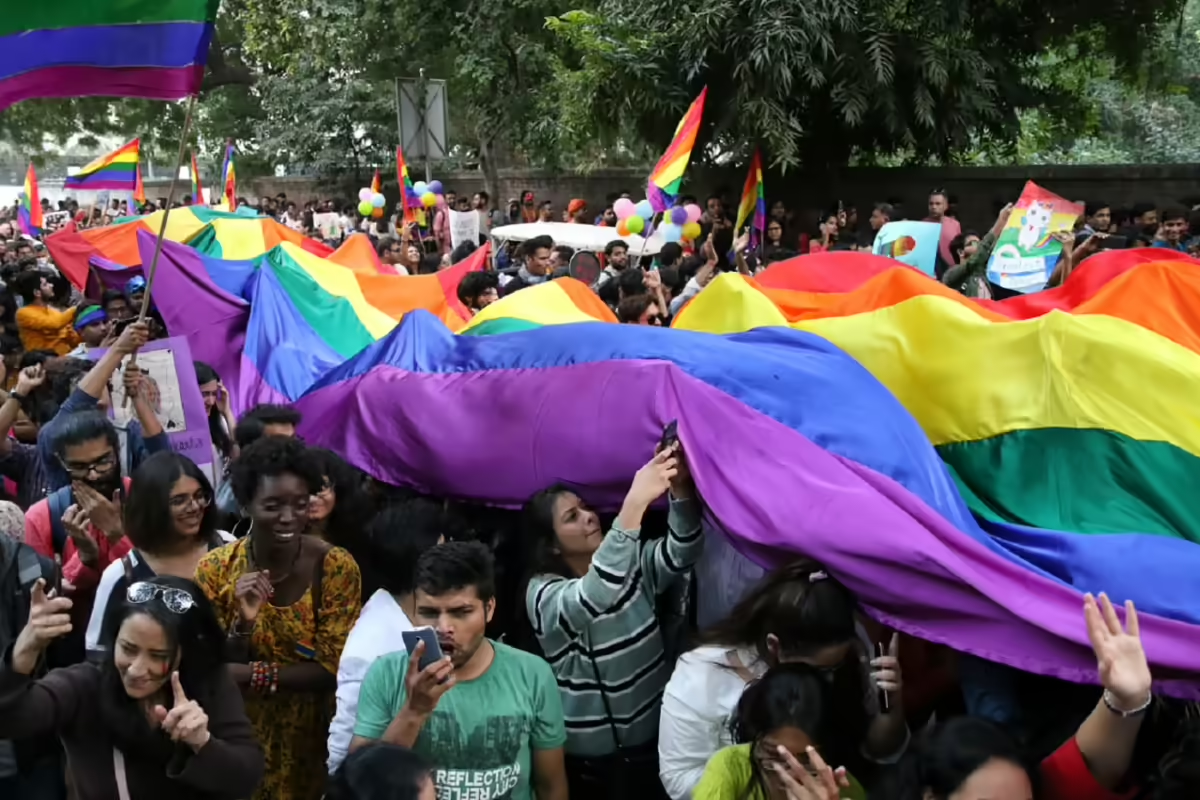Pride Month: Celebrating Diversity and Resilience in June
Pride Month, celebrated each year in June, is a time to honour the LGBTQ+ community and commemorate the significant strides made towards equality and acceptance. The month-long celebration is marked by parades, festivals, educational events, and various forms of activism, aiming to promote awareness, solidarity, and inclusivity. But why June? The choice of this month is deeply rooted in history, reflecting a pivotal moment in the LGBTQ+ rights movement.
The Historical Significance of June
The origins of Pride Month date back to the Stonewall Riots, which began on June 28, 1969, in New York City. The Stonewall Inn, a gay bar in Greenwich Village, was a frequent target of police raids, reflecting the widespread discrimination and marginalisation faced by the LGBTQ+ community at the time. However, on that fateful night, the patrons of Stonewall, fed up with the constant harassment, fought back against the police. This confrontation sparked days of protests and ignited the modern LGBTQ+ rights movement.
The following year, in June 1970, the first Pride marches were held in New York, Los Angeles, and Chicago to commemorate the anniversary of the Stonewall Riots. These events laid the foundation for the annual celebrations of Pride Month, which have since spread globally, symbolising resistance, resilience, and the ongoing fight for equality.
It is important to note that the Pride movement was only accelerated by the Stonewall incident. The injustices and prolonged struggle for rights that preceded Stonewall is what really caused the upheaval at the fateful night ultimately leading to June being observed as Pride Month.
Pride Month in India: A Journey Towards Acceptance
The first Pride parade in India, known as the Kolkata Rainbow Pride Walk, took place in Kolkata on July 2, 1999. This historic event was a small yet bold step towards visibility and acceptance and was a counter to Article 377 which criminalised homosexuality – a Victorian relic left behind by the British. Organised by a small handful of fifteen LGBTQ+ activists led by Owais Khan, the parade marked the beginning of a series of events that would gradually change the social landscape in India and South Asia as a whole. Mr Khan, however, remained hopeful. “Fifteen was a modest number but at least one needed two hands to count them,” he said. The Pride Walk, more of a “Friendship Walk,” as it was called then to sound more innocuous, would set a precedent for future Pride events across the country.
The legal battle for LGBTQ+ rights in India has seen notable progress over the years, with a balanced menu of both victories and losses. A major victory came on September 6, 2018, when the Supreme Court of India delivered a landmark judgement decriminalising homosexuality by striking down Section 377 of the Indian Penal Code. This colonial-era law had criminalised consensual same-sex relationships, perpetuating stigma and discrimination. The court’s decision was a significant step towards legal recognition and social acceptance of the LGBTQ+ community in India.
The community, however, continues to fight for the recognition of same-sex marriage after the verdict of the Supreme Court on 17 October, 2023, which refused to legalise it, leaving the Parliament to legislate on the subject.
Celebrating Pride: A Message of Unity and Empowerment
Pride Month is not just a celebration; it is a powerful reminder of the struggles and triumphs of the LGBTQ+ community. It serves multiple purposes: honouring the history of the LGBTQ+ rights movement, celebrating the diversity of the community, and advocating for further progress in the fight for equality.
The celebrations are characterised by vibrant parades, cultural festivals, educational workshops, and advocacy events. These activities aim to raise awareness about LGBTQ+ issues, promote inclusivity, and foster a sense of community. Pride events are also a platform for allies to show their support, reinforcing the message that equality and acceptance are collective goals.
In India, Pride parades and events have gained momentum in various cities, including Delhi, Mumbai, Bangalore, and Chennai. These events draw participants from diverse backgrounds, reflecting the growing acceptance and support for LGBTQ+ rights across the country. The visibility of Pride celebrations helps to challenge stereotypes, reduce stigma, and create a more inclusive society.
Pride Month, celebrated in June, is a testament to the resilience and strength of the LGBTQ+ community. It honors the historical significance of the Stonewall Riots and celebrates the diversity and achievements of LGBTQ+ individuals worldwide. In India, the journey towards acceptance has been marked by significant milestones, such as the decriminalization of homosexuality and the growing visibility of Pride events. As we celebrate Pride Month, it is essential to remember that the fight for equality is far from over. By fostering inclusivity, raising awareness, and advocating for change, we can create a world where everyone, regardless of their sexual orientation or gender identity, can live with pride and dignity. Happy Pride!
